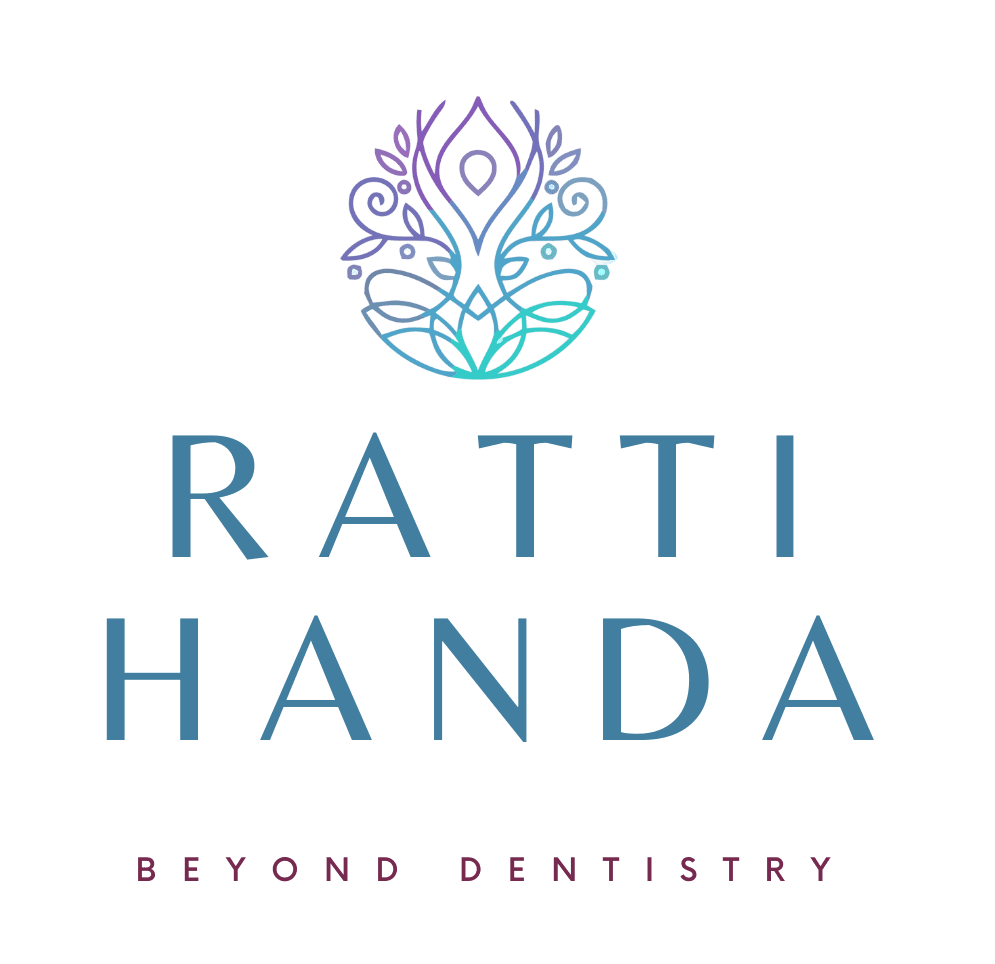Do you suffer from frequent headaches or often wake up with a headache? Chronic headaches are often a sign of temporomandibular joint disorders (TMD). Dr. Ratti Handa treats TMD symptoms like chronic headaches in Acton, MA. She works with patients one-on-one to find a solution to this dental concern. Dr. Handa will ensure that treatment aligns well with your budget, goals, and oral health needs.
Common causes of TMJ disorders include teeth clenching and grinding, arthritis, a misaligned jaw, stress, or dental injuries. These problems create TMJ dysfunction. The temporomandibular joints (TMJ) are connected to the jawbone, but an injury or stress can easily create painful pressure. TMD can damage teeth, making it difficult to use the jaw and teeth properly. Visiting a dentist for treatment can minimize headaches and other painful symptoms.

Common Symptoms of TMJ Disorders
Along with headaches, patients may suffer from these common TMJ symptoms without knowing that they have a disorder:
- Earaches
- Teeth clenching and grinding (bruxism)
- Jaw pain
- Pain when eating hard foods
- Stiffness in jaw muscles
- Jaw locking
- Pain in the temple area
- Facial pain
Do any of these symptoms sound familiar? Call Dr. Handa’s office for a consultation. Our professional dental team provides patients with comfortable and comprehensive care in a warm and friendly environment. Treating TMD early on can prevent future complications and chronic problems.
It is also common to mistake TMD for sinus problems. Only a doctor or dentist can diagnose TMD. Dr. Handa’s years of experience in airway-centered dentistry and understanding of facial structure qualify her to diagnose TMJ disorders.
Treating TMJ Disorders and Headaches in Acton, MA
Before treatment, Dr. Handa will review your oral health, budget, and goals to determine if oral appliance therapy is the right solution for you. She will also take dental X-rays to examine the TMJ and find signs of tooth wear. Dr. Handa will consider your headache symptoms in relation to the airway. She may recommend an oral appliance if teeth clenching and grinding contribute to your headaches.
Oral appliance therapy utilizes a mouthguard-like appliance to keep teeth from touching and prevent tooth wear. The appliance also takes the pressure off the jaw for the patient’s comfort. Wearing an oral appliance at night stops the unconscious clenching and grinding that many TMD patients experience.
At-Home TMD Treatment
Patients with very mild TMJ symptoms may find at-home solutions to treat headaches and TMJ pain. Some of these solutions include:
- Jaw exercises
- Using a heat pack
- Relaxing your facial muscles
- Sleeping on your side
- Using an ice pack in a clean cloth
- Eating soft foods to help your jaw rest
However, if the pain does not disappear, contact our office immediately for treatment. We can relieve more mild to moderate cases of TMJ headaches with oral appliance therapy.
Physical Therapy
Our office may also recommend physical therapy in addition to TMJ mouthguards. You can learn the best exercises to relax your tongue, jaw, neck, and shoulders during physical therapy. Posture and stress can contribute to worsening symptoms. Physical therapists also apply heat to the TMJ and relieve tension in the jaw, neck, and mouth through massage. In addition to oral appliances and at-home care, physical therapy can reduce tension headaches.
TMJ Headaches FAQs
If you experience regular headaches, you may have TMD. Read answers to these frequently asked questions to learn more about how dentists can treat headaches:
Can dental problems cause headaches?
Yes, dental problems can cause headaches. Crooked or missing teeth may cause muscular tension headaches because you have overworked jaw muscles when speaking and chewing. This can cause TMJ, another dental issue we associate with headaches. Toothaches can also cause headaches.
What relieves a headache caused by a toothache?
The best way to relieve a headache caused by a toothache is to take ibuprofen or aspirin. They relieve pain and reduce inflammation. You can also apply oral gels to the tooth and gums to numb the area and temporarily reduce pain.
Can a toothache cause a one-sided headache?
It is common for patients to report a toothache and headache on one side of the head. The trigeminal nerve connects toothaches and headaches and can create pain in the neck. This nerve is why many patients experience toothache and headaches on the same side.
How do you release tension in your head and jaw?
Receiving Botox injections, eating soft foods, and physical therapy can also help relieve stress and muscular tension. You can use ice, heat, and jaw exercises at home to release facial tension. It’s best to use a cold compress if your jaw or head tension is new or you have a new injury. Heat is best for chronic problems and increases blood flow to the facial muscles.
Relaxing the jaw with jaw exercises can also release pain and tension. One common exercise is to place the tip of the tongue on the roof of the mouth. Then, slowly open and close your mouth.
Can tension headaches affect your jaw?
Tension headaches may affect your jaw and jaw muscles. These headaches may cause you to tighten your facial and jaw muscles, worsening your headache. Pain from the head and temples can travel to the jaw and vice versa.
What does a headache from teeth grinding feel like?
If you have a headache due to bruxism, you may feel a tender, sore pain in your jaw, face, or neck. You may also have chronic earaches. It is common to experience dull pain and tension in the temples and head. Grinding your teeth or chewing on the inside of your cheek may cause this pain to worsen.
Prevent Future Headaches
Stop chronic headaches at the source in our Acton, MA, office. Schedule a dental appointment with Dr. Handa or a member of her team on our website. You may also call our office at 978.212.3783 for high-quality dental care. Let Dr. Handa know if you have any questions about your headaches or headache therapy. She will answer them at your next consultation.
